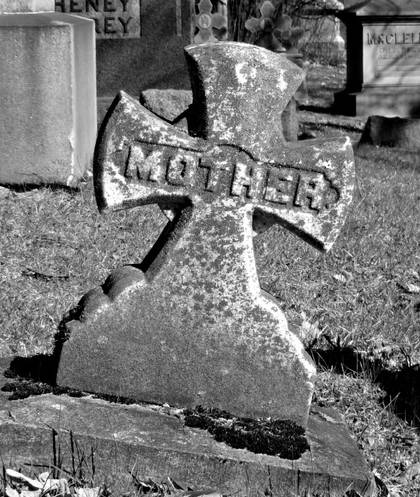Buy-to-let mortgages
A buy-to-let mortgage is a loan you take out to buy a property which you intend to rent to tenants. The mortgage is secured against the property to be let. Taking out a mortgage is just one of many risks involved in investing in buy-to-let property.
How much can you borrow?
The maximum you can borrow is usually linked to the amount of rental income you might expect to receive. For example, a lender might require the projected rental income to be 30% higher than your mortgage payment. So talk to local letting agents and check the local press to find out rent charged for similar properties. Find a local letting agent by checking with one of their trade bodies – see Related links.
Typically, you’ll need to pay a deposit of around 20% of the value of the property.
Repaying the mortgage
You can have either a repayment or an interest-only mortgage. If you choose an interest-only mortgage, you should think about making capital repayments when you can afford it to reduce the amount you’ll need to repay at the end of the mortgage term.
Once you’ve decided on either a repayment or interest-only mortgage, you also need to choose which interest-rate deal is right for you. If you choose a variable rate deal, don’t forget your costs will rise if interest rates go up, eating into – or even wiping out – your income and profit.
Don’t rely on selling the property to repay the mortgage
If you intend to sell the property to repay the mortgage bear in mind that, if house prices fall, you might not be able to sell for as much as you had hoped. And you will have to make up the difference if the property sells for less than what you owe – a risk that increases the higher the percentage you borrow. If you sell for a profit, you may have to pay Capital Gains Tax.

Getting help
You can expect to see few mortgage lenders on the high street offering buy-to-let mortgages so it can be hard to know whether you are getting a good deal. Consider whether you should use a mortgage broker as they should tell you about deals from specialist lenders that aren’t on the high street.
Is the mortgage regulated?
The Financial Services Authority (FSA) is the UK’s financial services regulator. But the FSA does not regulate most buy-to-let mortgages. This is because the law says a mortgage only needs to be regulated by the FSA if it is:
- secured on a property that will be used at least partly as a home by you or a member of your immediate family (for example your son or daughter);
- the first charge on the property – this means you don’t have another loan secured on it.
Before advising on or selling a mortgage, firms must check whether these conditions apply.
If the mortgage is regulated
The broker or lender selling or advising on the mortgage must be regulated by the FSA. This means they must meet FSA standards and you will be able to use free and independent complaints and compensation schemes – see If things go wrong. Check if the firm is on the FSA Register. See Getting help from a mortgage adviser for more information.
If the mortgage is not regulated
The broker or lender won’t need to meet the standards set by the FSA. For complaints about a broker you will need to use a mediation service or go to court.


